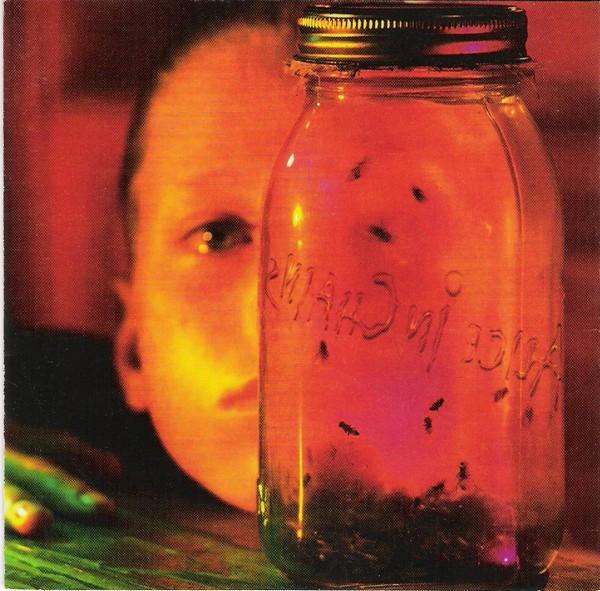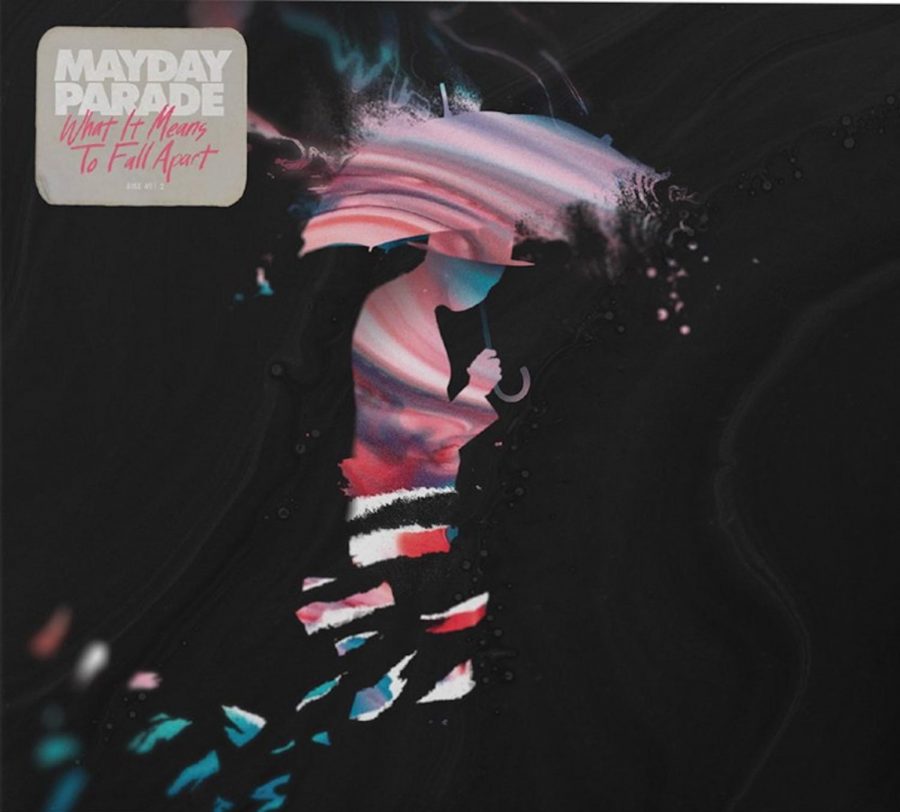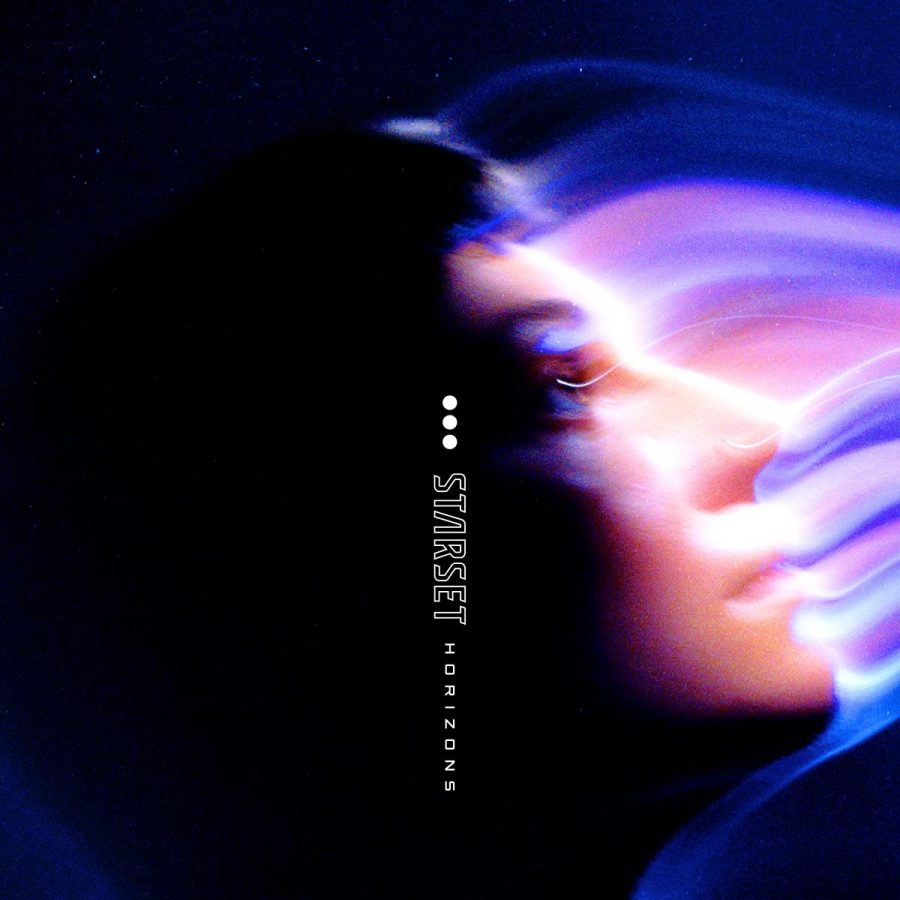You know a Beach House song when you hear one, for they all sound very similar, nearly to a fault. Their tempos are slow and languorous, and Alex Scally’s guitar slides across keyboard textures, sounding like molten gold. Occasionally, they use drum machines and digital chimes to add texture. And tying it together is the deep, sonorous voice of singer Victoria Legrand. In songs like “Myth” and “Silver Soul,”all these parts mesh like gears in a grandfather clock letting out its hourly chime.
A former Spinnaker Radio staffer and friend of mine once told me this of Beach House: they know what they do, and they do it really damn well. This is undeniable. Over the last ten years, the Baltimore dream-pop duo developed its familiar yet somehow inimitable style, giving it room to grow, shift and solidify. One would be hard-pressed to find a Beach House song that doesn’t stick to their formula, and on their latest album Depression Cherry, it’s a bit of a problem.

Ironically, lead single “Sparks” threw fans for a loop by suggesting the band would be throwing out the familiar. It’s noticeably faster than average, and the organ drone, the distorted vocal chorus, and hushed, My Bloody Valentine-esque vocals make it sound like the Vatican’s take on shoegaze. Most evident is the dissonant, fuzzy guitar which blares through the tune and makes it unlike anything else the band has made. It might have signaled a thrilling new direction from a band ready to expand their sound.
But that’s the critical term here: might. For as mighty as “Sparks” sounds, the rest of the album doesn’t even attempt to approach it. In fact, it’s exactly like you’d expect a Beach House album to sound, same as always, but with minute variations on the form. Legrand’s vocals are more downturned and whispery, more similar to how she sang on their second album, 2008’s Devotion. Besides that, not much makes Depression Cherry distinct from the rest of the band’s work. Lyrics tend to meditate on themes of nostalgia, and usually include lines about drifting, floating, suburbia, the ocean, and so on. All the songs tend to blend together. They’re well done, they sound professional, and yet I can’t tell them apart.
Aside from “Sparks,” the best song on the album is the closer, “Days of Candy,” and don’t let the title fool you into thinking this is a silly diversion. It’s glorious. Not only does the choral intro sound like it was written by Bach, it’s an example of what the band can do at its best. Both of these songs make me wish they were not so fearful of experimentation. Beach House isn’t high concept. They know what they do, and they do it well. But their work is getting to the point where repeating themselves won’t lead to success.
Depression Cherry is a very good collection of mostly unremarkable songs, and if the band truly knows what they’re doing, it could be a dry run for something exceptional. If not, their next LP will be “just another Beach House album.”
—
For more information or news tips, or if you see an error in this story, contact assistantnews@unfspinnaker.com











